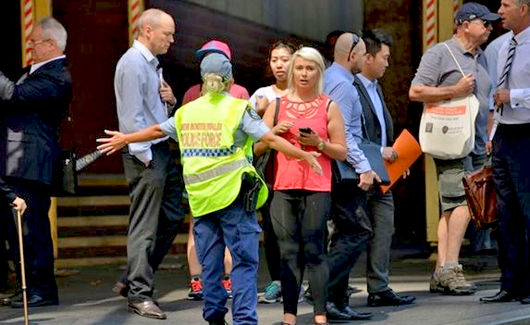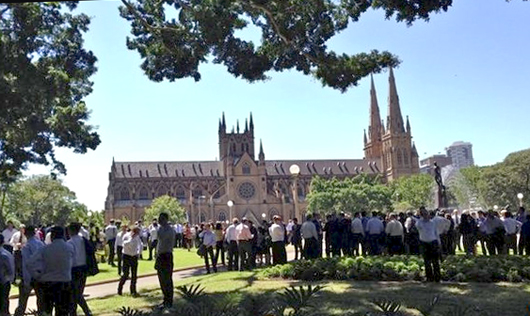Washington, Apr 11: China is considered a developing country, make the United States too a developing one, US President Donald Trump said on Friday, alleging that Beijing has taken advantage of his country.
"China has been unbelievably taken advantage of us and other countries. You know, for instance, they are considered a developing nation. I said well then make us a developing nation too,” Trump told reporters at his daily White House news conference on coronavirus.
The president was responding to a question on China.
“They get big advantages because they are a developing nation. India, a developing nation. The United States is a big developed nation. Well, we have plenty of development to do,” he said.
Reiterating that United States was taken advantage of by the World Trade Organization, Trump said the Chinese economy started booming after it joined WTO with the help of the US.
“If you look at the history of China, it was only since they went into the WTO that they became a rocket ship with their economy. They were flatlined for years and years,” he said.
“Frankly, for many, many decades. And it was only when they came into the WTO that they became a rocket ship because they took advantage of all -- I'm not even blaming them. I'm saying how stupid were the people that stood here and allowed it to happen,” he said.
For latest updates on coronavirus outbreak, click here
The Trump Administration will now allow that to happen, he said.
“If they don't treat us fairly, will leave. But now we're starting to win cases,” he said.
Alleging that China has taken advantage of the United States for 30 years, he said, China has taken advantage of the US through WTO and using rules that are unfair to the United States.
"They should have never been allowed it, this should have never been allowed to happen", he added.
“When China joined and was allowed to join under those circumstances the WTO, that was a very bad day for the United States because they have rules and regulations that were far different and far easier than our rules and regulations,” he said.
“Plus. They took advantage of them down to the last. China took advantage of them like few people would even think to take advantage of them and again they are considered right a developing nation,” he added.
The United States, he rued, is not considered a developing nation.
“The were given advantages (for being a developing nation). For many years China has ripped off the United States. Then I came along and right now, as you know, China is paying 25 percent," said Trump, adding that the US is now gaining "billions and billions and billions of dollars in tariffs from China”.
The US is not paying, he asserted.
“Not every country is China but China would devalue their currency and they would also pour out money and they essentially were paying most of those tariffs not us,” he said.







Comments
??????? ?? ?????. ????? ??? ???? ??????.
??? ??? ???????, ??? ???????? ?? ???? ???? ??????????? ???????????
?????????.
my web-site: ??????-?????.xn--p1ai: https://xn----7sbvehqfibu7aj.xn--p1ai/
Add new comment